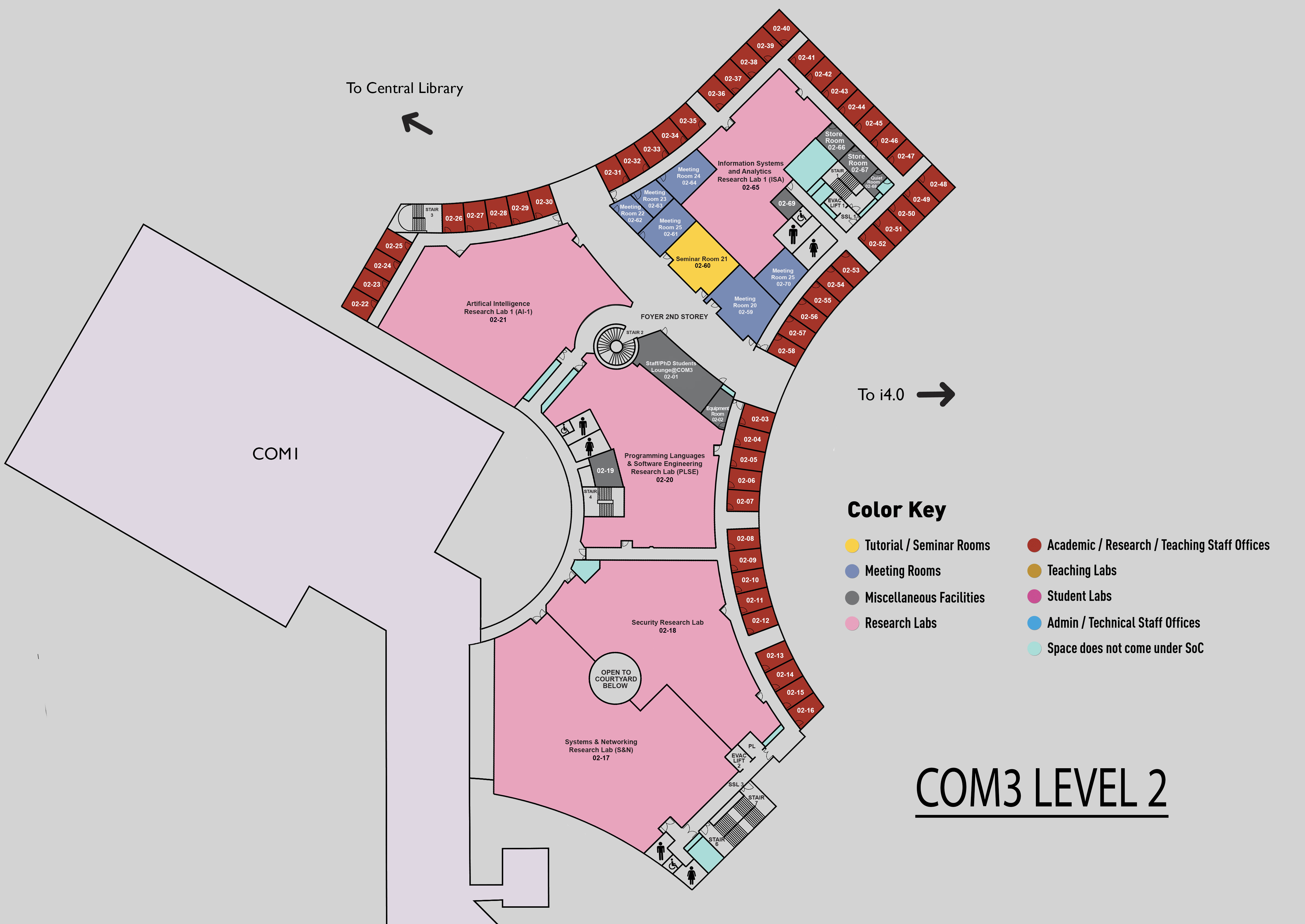Road to fully autonomous AI agent in medical practice? A standard driven approach.
COM3 Level 2
MR21, COM3 02-61


Abstract:
Large generative AI (GAI) models, such as large language models (LLMs), are transforming medical AI from narrow, task-specific tools to general-purpose systems capable of performing diagnosis, documentation, and decision support. However, current regulatory frameworks—designed for static Software as a Medical Device (SaMD)—cannot accommodate the stochastic, continuously evolving behavior of GAI. This talk presents the regulation gap between GAI and current medical practice, and argues for shifting the regulatory focus from device-centric validation toward governing human–machine interactions in clinical workflows. It also presents an open standardization initiative proposing a tiered autonomy framework (L0–L5) for AI–human collaboration in clinical practice, which operationalizes GAI risk into discrete autonomy levels with corresponding supervision and accountability requirements, enabling quantifiable, reproducible evaluation across clinical settings. The talk concludes with a call for collaboration from AI scientists, clinicians, ethicists, and regulators to co-develop and evaluate this open standard to build a transparent, evidence-driven foundation for the safe and scalable integration of generative AI in medicine.
Bio:
Rongshan Yu received his bachelor degree in Electrical Engineering with minor in Applied Mathematics from Shanghai Jiaotong University, China in 1995, and the PhD degree from the National University of Singapore (NUS, Singapore) in 2004. He is currently with the Department of Computer Science, Xiamen University as a professor, and vice-director of the National Institute for Data Science in Health and Medicine, Xiamen University. His research interests include Biomedical AI, Computational Biology, and Signal Processing, where he has published 200+ journal papers in Cell, Cancer Cell, Patterns, Cell Report Method, Nature Communications, Communications Medicine, Communications Biology, Briefings in Bioinformatics, Bioinformatics and conference papers in CVPR/AAAI/MICCAI/ISMB/BIBM, etc.
Dr. Yu was a member of the Technical Committee of the Multimedia Systems and Applications of the IEEE Circuits & Systems Society, and chair of Internet of Thing (IoT) Special Interest Group (SIG) of IEEE Signal Processing Society. He served as standard project editors of ISO/IEC 14496-3/AMD.5 (MPEG Audio Scalable Lossless Coding) and ISO/IEC 14496-5:2001/Amd.10 (SSC, DST, ALS, and SLS reference software), and associated editors of IEEE Transactions on Audio, Speech and Language Processing and IEEE Access. He is a senior member of the Institute of Electrical and Electronics Engineers (IEEE), and Fellow of the Institution of Engineering and Technology (IET). In 2007, he received the National Technology Award, Singapore in 2007 in recognition of his contributions to international standards.

